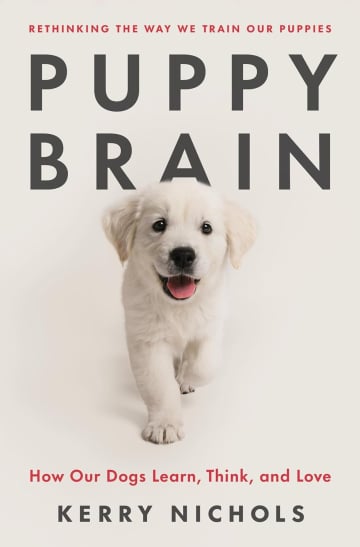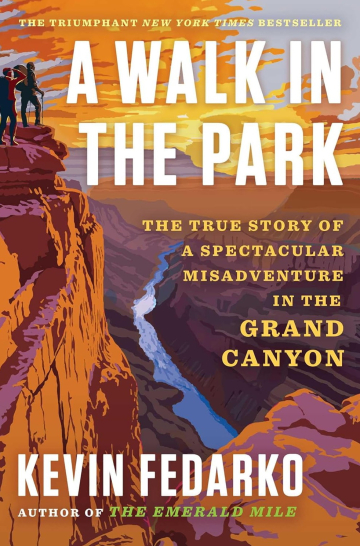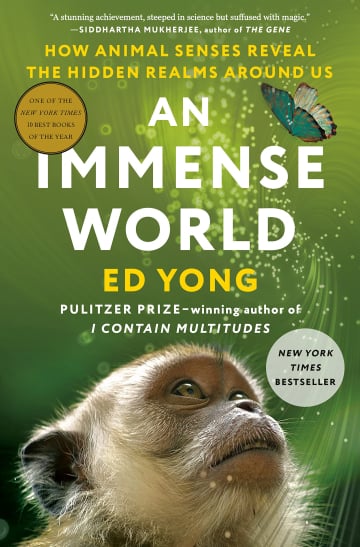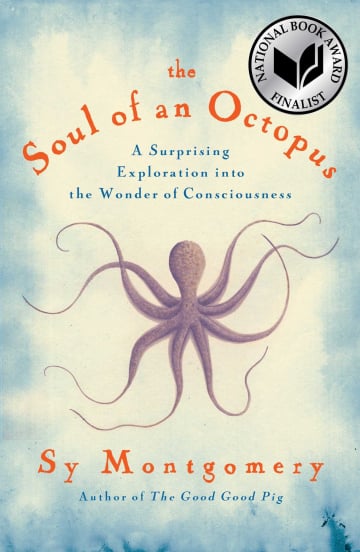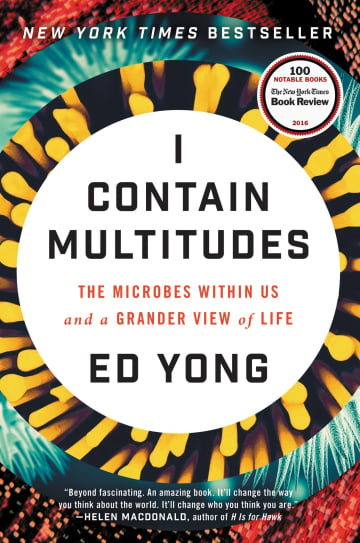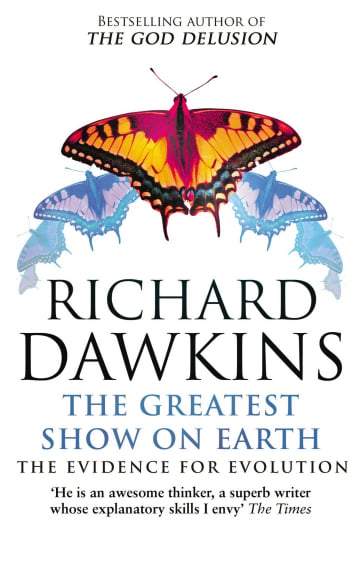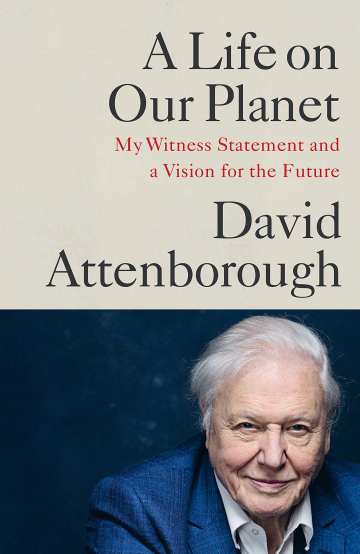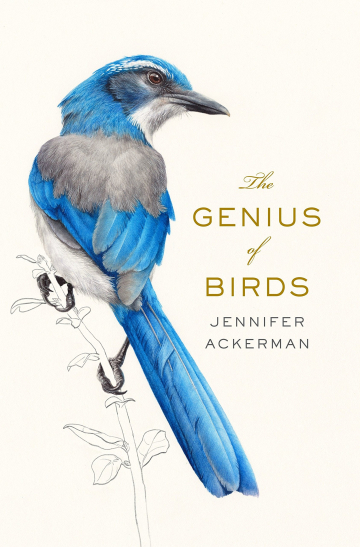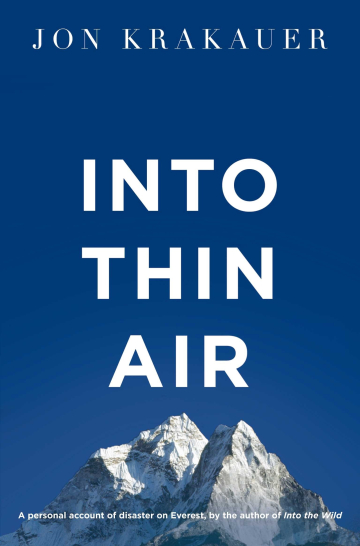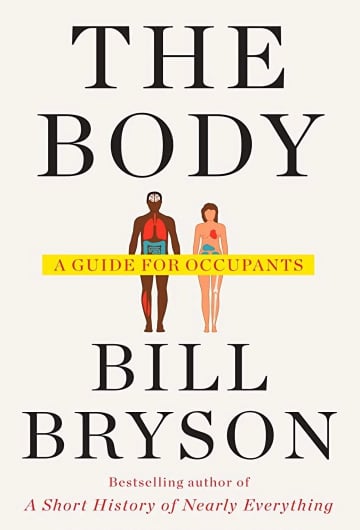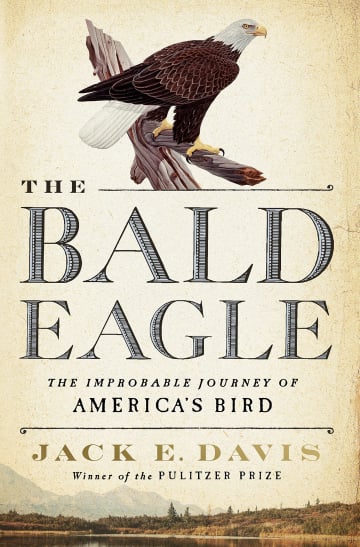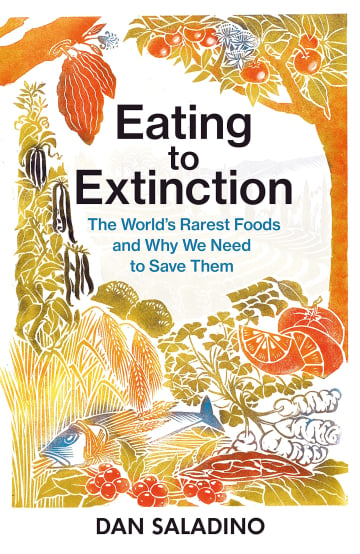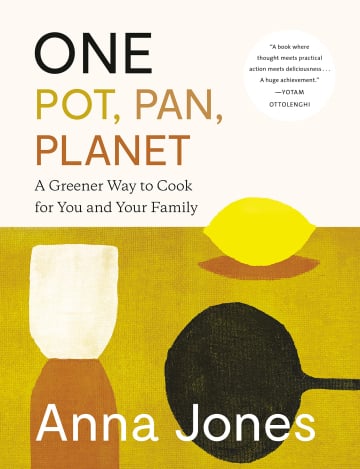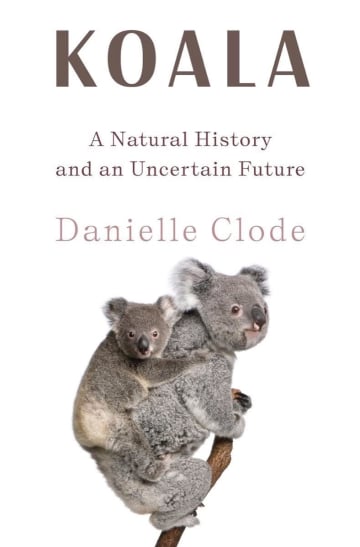
Koala: A Natural History and an Uncertain Future
⚡️ 10 Quotes from the book
“It amazes me that a creature this iconic and distinctive to Australia is so mysterious. When Europeans first arrived here, it took them a decade to even notice these strange animals in the trees above, and it was thirty years before they were scientifically described.”
“Like most Australian mammals, koalas are marsupials – as are huge hopping kangaroos, miniature gliders, ant-eating numbats and beaming quokkas.”
“Nearly all of the other fossil species have really simple teeth – nothing like as complex as the modern koala. They were probably eating softer leaves of rainforest trees. The modern koalas clearly had a really different diet of much tougher leaves.”
“I also remind myself that primates are, underneath it all, still climbers. Like koalas, we are adapted for clinging, clambering and climbing: opposable ‘thumbs’, friction-ridged fingerprints, long limbs, a short body and rotating shoulder joints. The adaptations for tree-climbing are surprisingly similar to those for rock-climbing.”
“I admire the easy confidence with which koalas traverse the highest branches of our trees. It reminds me of a childhood spent climbing trees, swinging from ropes and building treehouses.”
“Primates can be noisy and demonstrative creatures. Not all animals tolerate that kind of behaviour.”
“Female koalas are, in fact, quite particular about the partners they choose to mate with and have a variety of strategies to ensure that they mate with the males of their choice. They approach certain males and avoid others.”
“Like most children, koala offspring do not always value their mother’s fierce protection. Young joeys are as diverse and cantankerous as any primate toddler.”
“I’m sure we underestimate animal cognition, partly because we need to believe humans are vastly superior, and partly because we have language and can tell of our plans whereas animals can’t.”
“For better or worse, we are part of this ecosystem, and we all must do whatever we can to help it function better – even if that is simply growing plants on the balcony or offering refuge to wildlife. Whatever little you do, nature repays many times over.”
Related videos
Ask Albert:
Rate the book
⚡️ Discover Even More Bookish Wisdom
recommends

